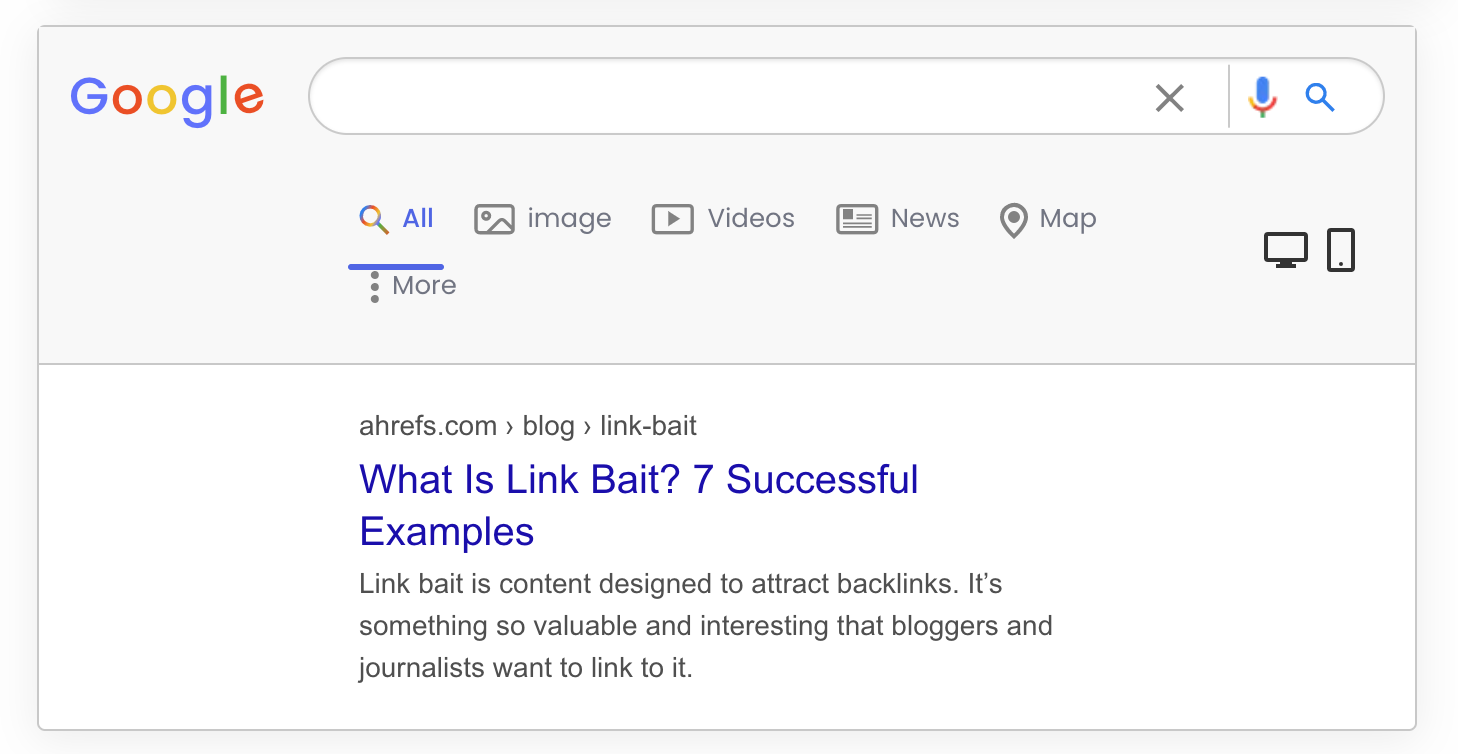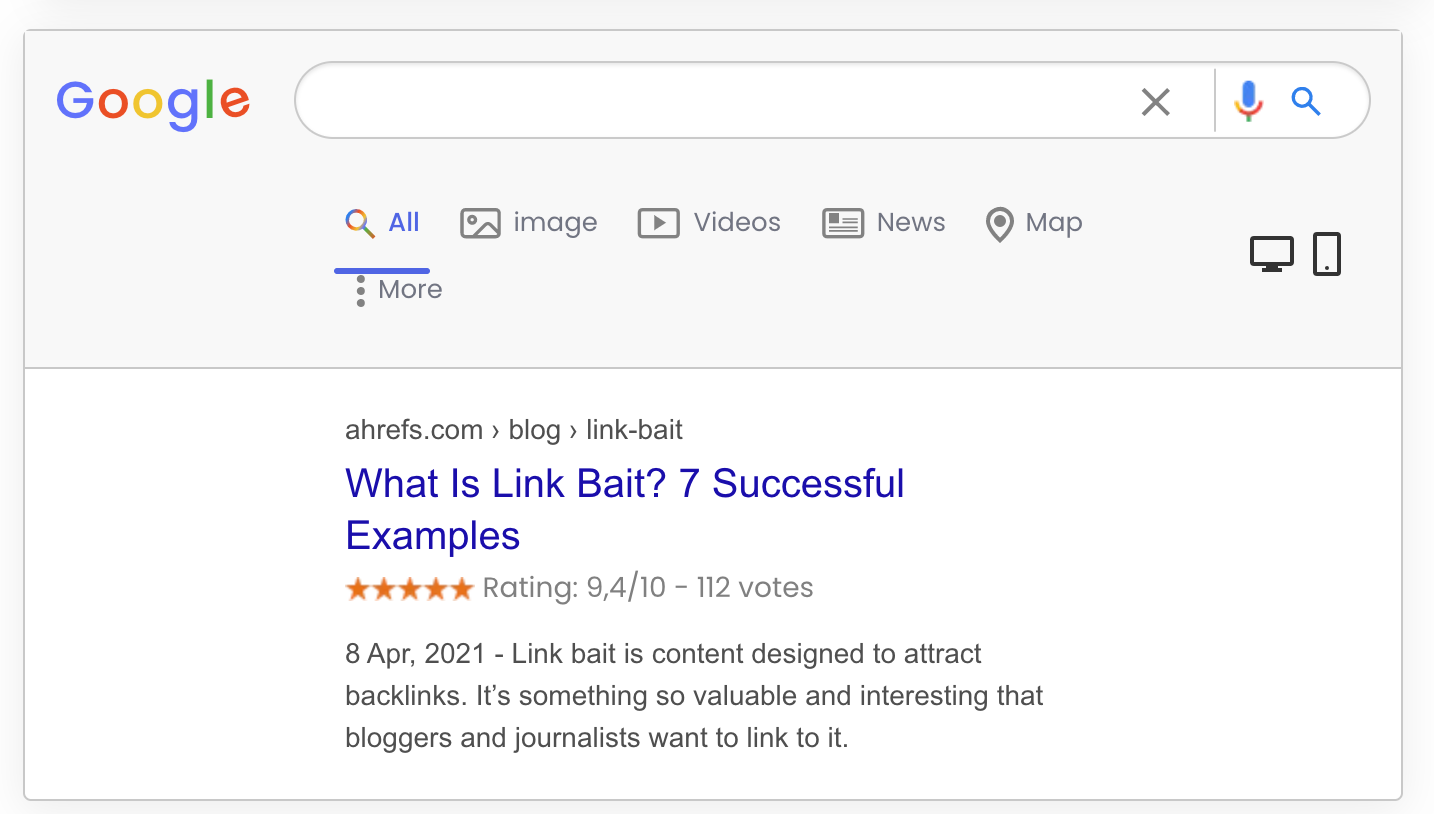After a few years in SEO and content marketing, I’ve found these free SEO tools are all you need.
1. Ahrefs Webmaster Tools
Monitor your website’s SEO health, see who’s linking to your website, and learn what your website is ranking for on Google
Before you hire an interior designer to beautify your house, the foundation of your house needs to be rock-solid. The same goes for your website. Before you go about optimizing your website, you need to make sure its technical health is strong.
Run a comprehensive crawl of your website with Ahrefs Webmaster Tools (AWT) to check for over 100 common SEO issues.
You’ll also be able to see who’s linking to your website and learn what keywords you’re currently ranking for.
Highlighted feature
This tool doesn’t just tell you what problems your site has. It’ll also tell you why a particular thing is a problem and how you can fix it.
2. Ahrefs’ Keyword Generator
See the top 100 keyword ideas for any seed keyword, as well as related search data
Our free keyword research tool shows you the top 100 keyword ideas for any keyword or phrase, plus the top 50 related questions. It also shows you important keyword data, such as search volume and keyword difficulty.
Highlighted feature
Besides Google, you can see keywords for other important search engines like YouTube, Bing, and Amazon. Just select the search engine you want data for:
3. Google Keyword Planner
Google’s keyword research tool
Designed for keyword research for Google Ads, Google Keyword Planner (GKP) is an invaluable tool in an SEO’s toolbox. This is mainly because the tool is from Google itself, and many SEOs believe its data is the most accurate.
But in our experiment, we found that GKP almost always overestimates “true” search volume and is only roughly accurate 45.22% of the time.
Another limitation is that GKP doesn’t show absolute search volumes—only a range (as you can see in the screenshot above). Nevertheless, it’s still a useful tool if you want to cover all your bases when it comes to keyword research.
Highlighted feature
Most keyword research tools show you ideas based on the seed keyword you entered. For example, if you search for “coffee,” you’ll get ideas like “coffee bean,” “coffee near me,” “coffee shops,” “keurig coffee maker,” etc.
GKP, on the other hand, can show you relevant keywords based on semantics. For example, you can see that GKP suggests keywords like “cappuccino,” “espresso,” “barista,” and “french press” even though they don’t contain the word “coffee.”
Recommended reading: How to Use Google Keyword Planner (Actionable Guide)
4. AlsoAsked
Find People Also Ask questions
For almost every query you search for on Google, you’ll see a SERP feature known as People Also Ask (PAA).
AlsoAsked scrapes them and shows you the PAA questions related to the topic you’ve entered. Use these to find subtopics and questions that may be worth answering in your article.
For example, if you are writing an article about “how to clean a coffee maker using vinegar,” you may want to answer these questions:
Highlighted feature
When you click on a PAA question in Google, more PAA questions pop up:
AlsoAsked allows you to go deeper into this research (but you’ll have to sign up for a paid plan):
Recommended reading: How to Rank in ‘People Also Ask’ Boxes and If You Should
5. Keyworddit
Do keyword research on Reddit
Keyword research is about finding the topics your audience is looking for. So what better way than to find the topics people are discussing on one of the internet’s largest “forums,” aka Reddit?
Enter the name of a subreddit your audience is participating in. Keyworddit will then extract keywords from that community.
For example, here’s a list of keywords it grabbed from the r/bodyweightfitness subreddit:
Highlighted feature
Keyworddit also shows you the context where the keyword appeared:
6. Google Trends
See search trends from all around the world
Google Trends shows the popularity of a topic over time.
Use it to catch and capitalize on trending topics, as well as avoid creating content about those with waning interest.
Highlighted feature
Google Trends also shows you related topics and queries that are rising in popularity:
Cover these topics before other sites do.
Recommended reading: How to Use Google Trends for Keyword Research: 7 Effective Ways
7. RankMath
WordPress SEO plugin for on-page and technical SEO
Imagine if you had to add your title tags, meta descriptions, OG tags, and other meta tags by yourself using code for every post you publish. You’d flip out, wouldn’t you?
But if you’re using WordPress, you don’t have to do that. RankMath helps you add all of those easily:
Besides that, RankMath also helps with:
- URLs redirects.
- Finding and fixing dead links on your site.
- Seeing Google Search Console data inside your WordPress dashboard.
- Tracking your keywords’ rankings.
And more.
Highlighted feature
RankMath has a comprehensive schema markup library that you can add to your posts:
8. Google SERP Snippet Optimizer Tool
See how your page will look like on the SERPs
Enter your proposed title, meta description, and URL. This tool will then show you what your webpage will potentially look like in the search results.

You can already do this if you’re using a WordPress plugin like RankMath. But it’s useful if you’re not using WordPress.
Highlighted feature
Check the Rich Snippet and Date radio buttons to see what they look like on the SERPs:

9. Merkle’s Schema Markup Generator
Create structured data markup in the JSON-LD format
